National Elections In Germany: A Deep Dive Into The Candidates And Platforms
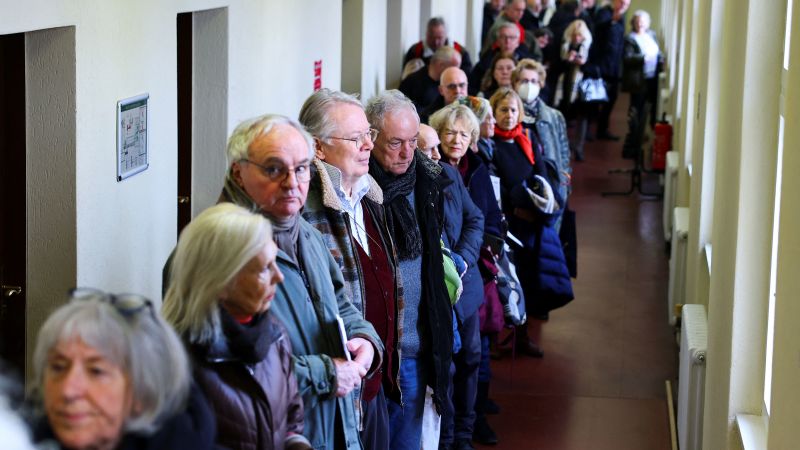
Table of Contents
Germany's 2021 Bundestag Election: A Deep Dive into Candidates and Platforms
Berlin, Germany – The 2021 German federal election, held on September 26th, marked a significant turning point in German politics. The election saw a tight race between three major contenders, resulting in a coalition government unlike any seen before. This article delves into the key players, their platforms, and the lasting impact of the election results.
Armin Laschet (CDU/CSU): A Center-Right Approach Falters
Armin Laschet, the candidate for the Christian Democratic Union (CDU) and its Bavarian sister party, the Christian Social Union (CSU), entered the race as the frontrunner. However, his campaign was plagued by gaffes and a perceived lack of decisiveness, ultimately undermining his initial lead. Laschet's platform focused on a moderate, center-right approach emphasizing economic stability, fiscal responsibility, and a pragmatic approach to European integration. He advocated for strengthening the country's industrial base, particularly in the automotive sector, while also promising investments in digital infrastructure and education. Despite his experience as Minister-President of North Rhine-Westphalia, Laschet's campaign failed to capture the public's imagination, ultimately leading to a disappointing result for the CDU/CSU. His party experienced its worst electoral performance since 1949.
Olaf Scholz (SPD): The Pragmatic Path to Victory
Olaf Scholz, the candidate for the Social Democratic Party (SPD), emerged as the victor, capitalizing on a weariness with the CDU/CSU's long tenure and a desire for a more progressive approach. Scholz, who served as Vice Chancellor and Minister of Finance under Angela Merkel, ran a disciplined and effective campaign. His platform emphasized social justice, climate protection, and economic modernization. He pledged to increase investments in infrastructure, renewable energy, and education, while also advocating for a stronger social safety net. Scholz's campaign successfully portrayed him as a steady and reliable leader capable of navigating the challenges facing Germany, resonating strongly with voters seeking stability and competence. His victory marked a significant shift in German politics, ending the CDU/CSU's dominance.
Annalena Baerbock (Bündnis 90/Die Grünen): The Green Surge and its Limitations
Annalena Baerbock, the candidate for the Alliance '90/The Greens, ran a surprisingly strong campaign, capturing significant support from younger voters and urban centers. Baerbock's platform centered on ambitious climate protection measures, social justice reforms, and a more assertive foreign policy. She proposed a rapid transition to renewable energy, significant investments in public transportation, and a strengthening of Germany's role in the European Union. However, several controversies surrounding her campaign biography and her party's internal conflicts hampered her momentum. Despite initial high poll ratings, Baerbock's candidacy ultimately fell short of expectations, though the Greens significantly increased their share of the vote, becoming the third largest party.
The Coalition Government and its Impact
The election results led to a three-way coalition government, comprising the SPD, the Greens, and the Free Democratic Party (FDP). This "traffic light" coalition (SPD - red, Greens - green, FDP - yellow) represented a significant departure from previous governments, combining elements of center-left, green, and liberal policies. The coalition agreement outlined ambitious goals in climate protection, digitalization, and social justice, but navigating the diverse priorities of the three parties presented considerable challenges. The coalition government’s focus on tackling climate change, improving social welfare systems, and modernizing the German economy has shaped domestic policy in subsequent years. The long-term consequences of this coalition government and its impact on Germany's place in Europe and the world remains an ongoing story.
Beyond the Top Three:
While the three major parties dominated the headlines, other parties also played important roles in shaping the political landscape. The far-right Alternative for Germany (AfD) secured seats in the Bundestag, though their share of the vote decreased, highlighting the limits of their appeal. The Left Party (Die Linke) maintained a presence but failed to make significant gains. The Free Democratic Party (FDP) emerged as a key coalition partner, significantly influencing the government's economic policy.
Conclusion:
The 2021 German federal election represented a pivotal moment in German politics. The election of Olaf Scholz marked the end of an era and ushered in a new coalition government reflecting evolving societal priorities. While the "traffic light" coalition faced challenges, it set an ambitious policy agenda that continues to shape Germany's future. The election also demonstrated the resilience of the German democratic system and the ongoing evolution of the country's political landscape.

Featured Posts
-
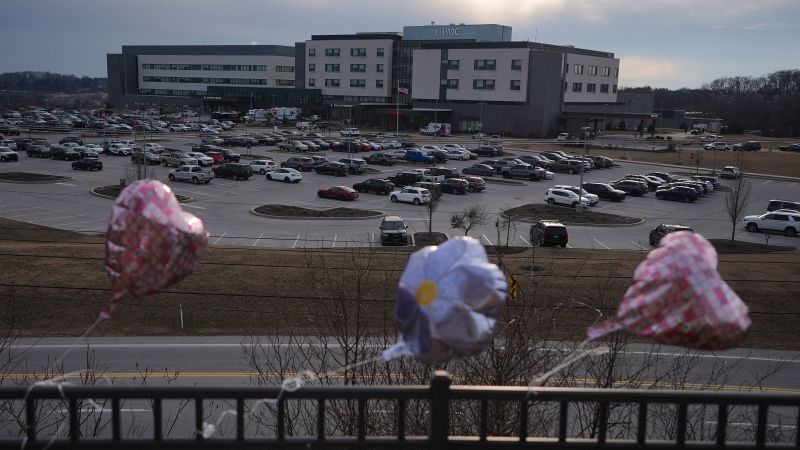 Authorities Police Officers Killer Visited Hospital Icu Before Hostage Situation
Feb 24, 2025
Authorities Police Officers Killer Visited Hospital Icu Before Hostage Situation
Feb 24, 2025 -
 Pentagon Shake Up Trump To Name New Joint Chiefs Chairman
Feb 24, 2025
Pentagon Shake Up Trump To Name New Joint Chiefs Chairman
Feb 24, 2025 -
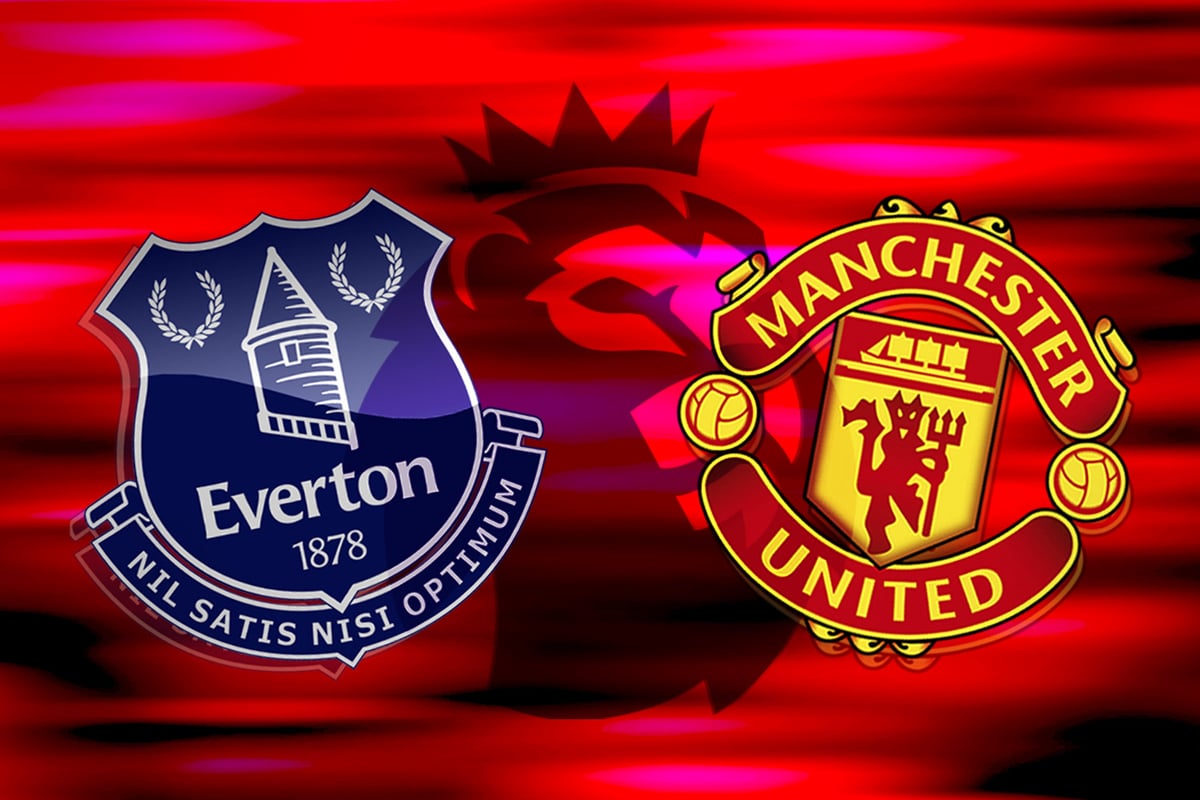 Live Stream Everton Vs Manchester United Tv Channel Listings And Kick Off Time
Feb 24, 2025
Live Stream Everton Vs Manchester United Tv Channel Listings And Kick Off Time
Feb 24, 2025 -
 Kyiv Faces Us Pressure To Resubmit Un Resolution Condemning Russia
Feb 24, 2025
Kyiv Faces Us Pressure To Resubmit Un Resolution Condemning Russia
Feb 24, 2025 -
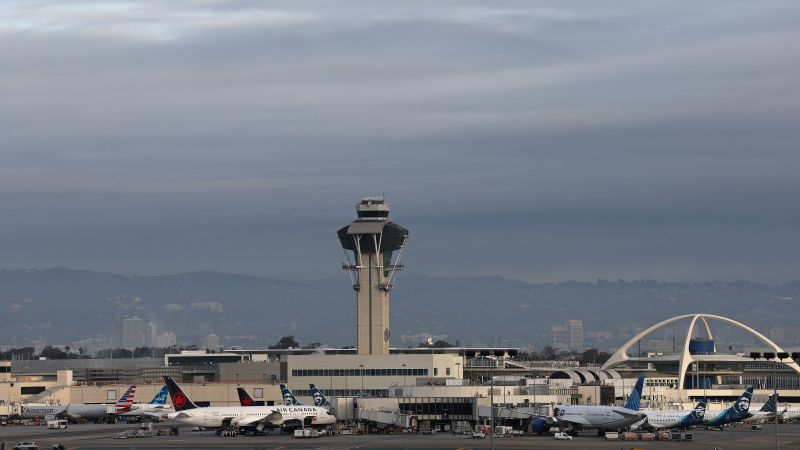 Emergency Landing Delta Flight From La Experiences Smoke In Cabin
Feb 24, 2025
Emergency Landing Delta Flight From La Experiences Smoke In Cabin
Feb 24, 2025
Latest Posts
-
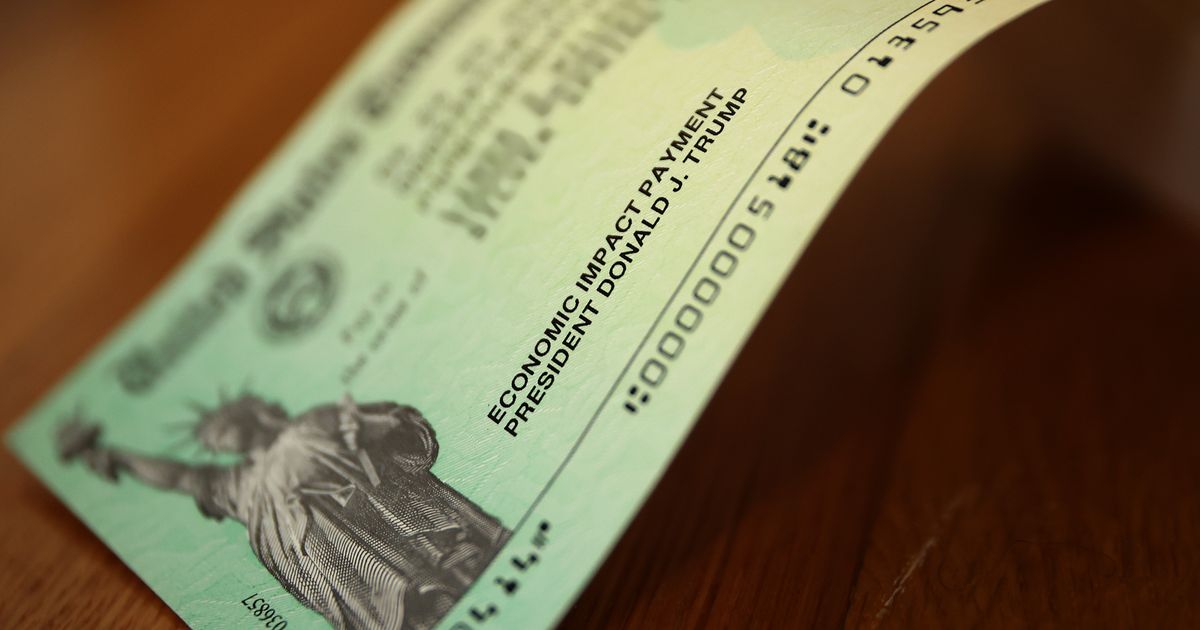 Is A Doge Dividend A Viable Economic Policy Examining Trumps Proposal
Feb 24, 2025
Is A Doge Dividend A Viable Economic Policy Examining Trumps Proposal
Feb 24, 2025 -
 The Great Resistance Democratic States Push Back Against Trumps Policies
Feb 24, 2025
The Great Resistance Democratic States Push Back Against Trumps Policies
Feb 24, 2025 -
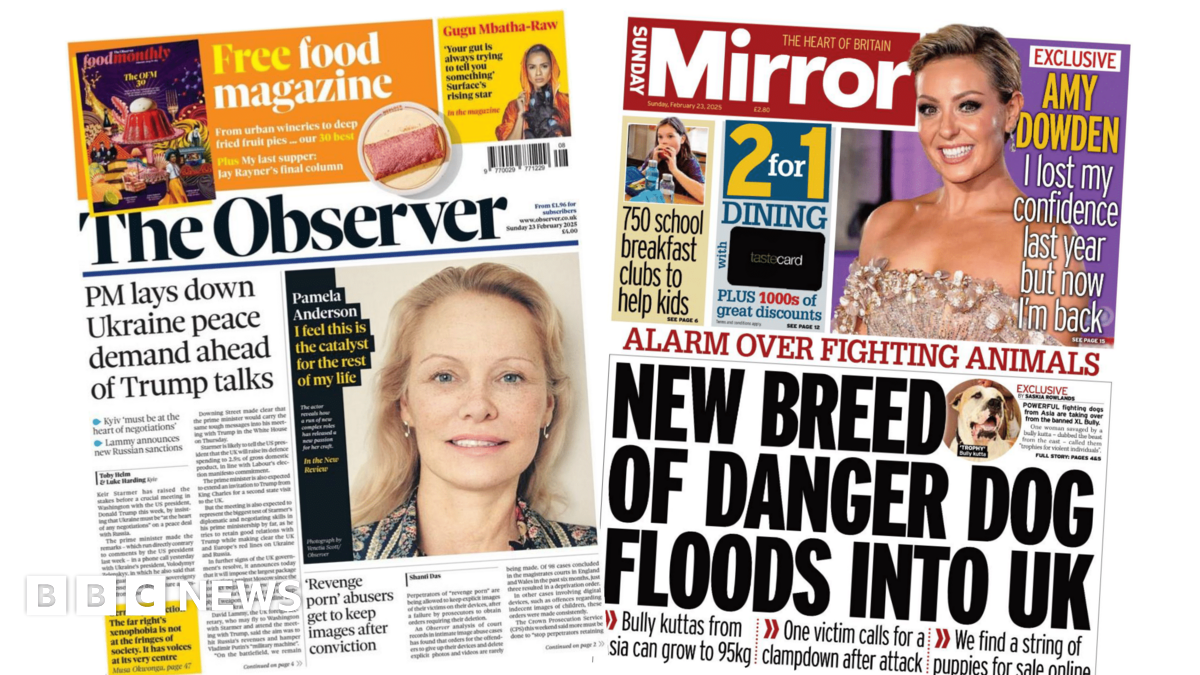 New Generation Of Guard Dogs Raises Concerns
Feb 24, 2025
New Generation Of Guard Dogs Raises Concerns
Feb 24, 2025 -
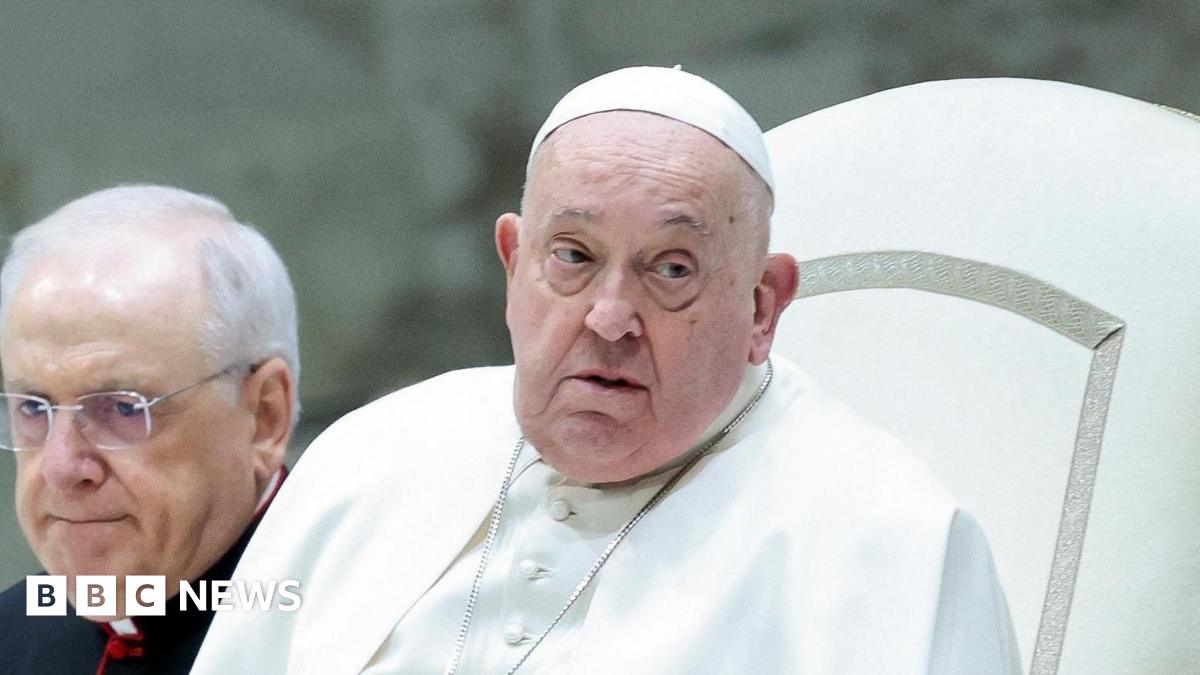 Peaceful Night For Pope Francis Following Vaticans Critical Condition Statement
Feb 24, 2025
Peaceful Night For Pope Francis Following Vaticans Critical Condition Statement
Feb 24, 2025 -
 Musk Issues Ultimatum To Federal Agencies Following Last Weeks Events
Feb 24, 2025
Musk Issues Ultimatum To Federal Agencies Following Last Weeks Events
Feb 24, 2025
